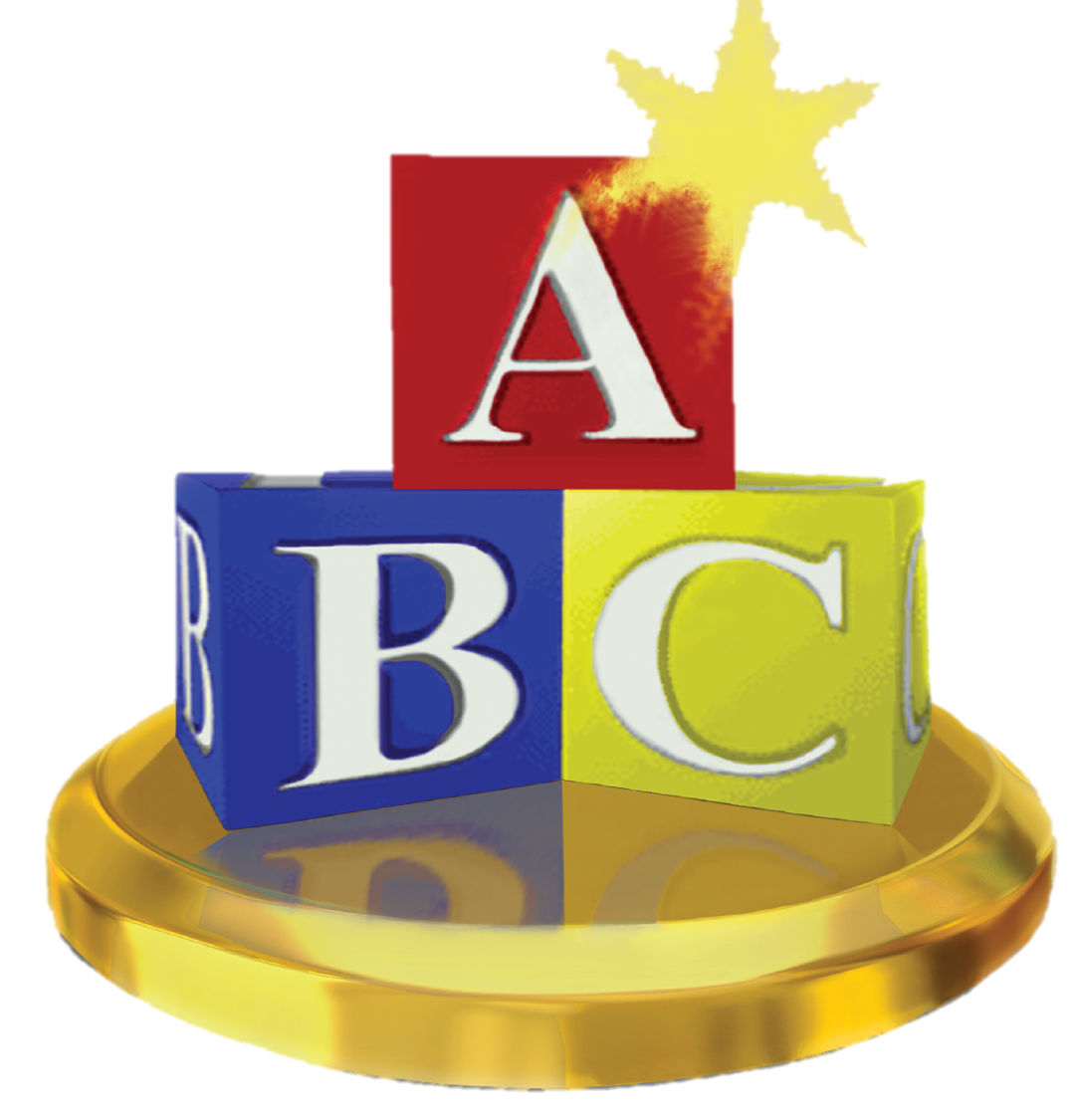Infant Toddler Program
Infant-Toddler Development Programs offered by ABC are center-based and designed to serve children aged birth to three years who exhibit autistic-like behaviors, who are at-risk for a diagnosis of Autism or who have a diagnosis on the Autism Spectrum.
Program Philosophy
Because Autism is a disruption of normal development, and because research has repeatedly shown that children diagnosed with Autism can, through systematic intervention, meet and exceed developmental milestones and become more typical learners, the age at which intervention begins for a child with Autism or Autism Spectrum Disorder (ASD) is critical.
The program is for children under 3 years of age who are "at risk" or have a diagnosis of autism/ASD.
ABC’s Infant/Toddler (IT) program focuses on facilitating emerging skills such as initiation, eye contact, imitation, play, and responding to social reinforcement which appears to not be totally absent for those children with autism/ASD who are under three years of age. These pivotal repertoires are what other skills are built upon, such as communication, language development and social interactions with adults and peers.
While children with autism/ASD in this age group (0-3 years) do not possess the complexity of these repertoires as would be expected of children over three, we have found that many of these children are still able to learn by way of imitation and play using social or natural reinforcement in conjunction with ABA interventions tailored around these more typical learning situations.
Core Components
Applied Behavior Analysis (ABA) is the philosophy by which the program is informed and used to analyze what is taught and how to teach it.
Every child’s program is individualized to his/her needs, learning style and guided by what is developmentally expected.
Teaching occurs in naturalistic environments.
Communication, pre-language skills and reciprocity are taught within a social context and interactive play situations.
“Staying and Playing” by Hart and Risley is emphasized. The child is an active participant of his/her own learning. Social factors that influence learning are incorporated.
Imitation is the cornerstone for which all skills are built upon.
Program Summary
All assessments, lesson development and continued programming are created within the theoretical framework of ABA. Additionally, the ABA teaching methods used are guided by what is developmentally expected (e.g., Carolina Curriculum) in regards to what behaviors are taught while maximizing learning in the natural environment to enhance the teaching of pivotal play repertoires and functional communication. Concurrently, discrimination skills that prevent the child from acquiring or generalizing what was taught in the natural learning situation(s) are targeted and acquisitioned in a more structured teaching situation using discrete trials, chaining procedures, incidental learning, and a variety of teaching techniques supported by the ABA research (JABA, JEAB, Analysis of Verbal Behavior).
Moreover, learning is set up to represent what is more age typical, therefore providing more opportunities to respond to those stimuli commonly found in the real world of an infant-toddler. Thus, increasing the child’s generalization ability and capturing as many social interactions as possible such as initiating, greeting, looking at others when name is called or spoken to and reciprocating attempts to play or verbally interact.
To enhance the generalization aspect of our program, ABC also integrates a parent participation component which is crucial to the success of the child. This parent participation training program is based on the book Steps to Independence by Drs. Bruce Baker and Alan Brightman. During this 8-week course the parents are introduced to basic behavior principles, how to teach skills to their child, as well as behavior intervention/reducing behavior excesses. Additionally, parents learn the importance of consistency, reinforcement, and making the reinforcement contingent on the child completing the desired behavior. This course is important to the program because it allows the parent to be an active participant in their child’s program, as well as teaching them techniques that they can utilize in their home in order to increase independence, generalize skills, and maintain skills.
Benefits and Outcomes
The importance of very early ABA intervention cannot be stressed enough as many parents report the loss of these critical skills is virtually complete by the age of three to four. All research points to the fact that the earlier the intervention is, the more success there is to be gained (Drash, Koegel, Sundberg, Maurice, Green & Luce, etc).


